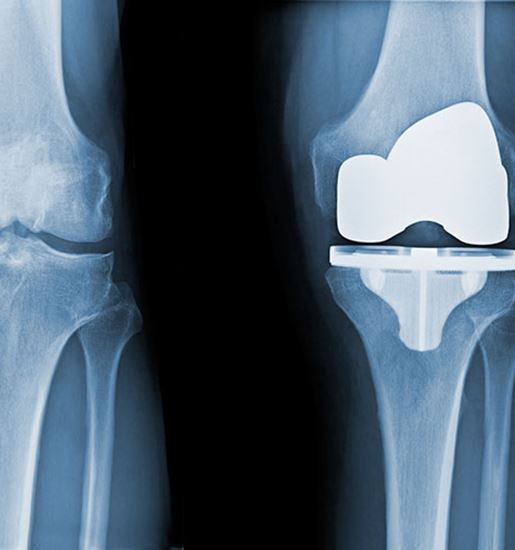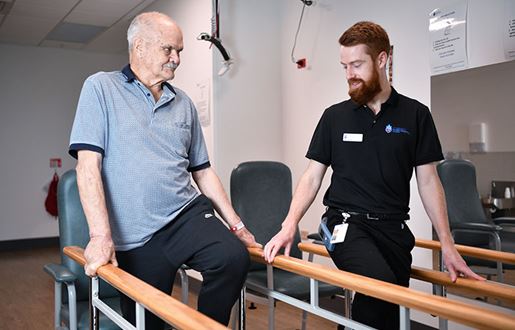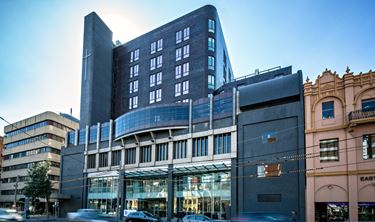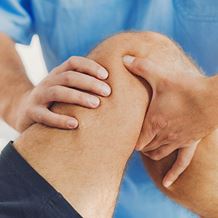Total Knee Replacement
- Home
- Services
- Orthopaedics
- Knee Orthopaedics
- Knee Replacement
- Total Knee Replacement
What is a total knee replacement?
Total knee replacement surgery, also known as knee replacement surgery or arthroplasty, is a surgical procedure to replace the damaged knee joint with artificial parts. It is usually recommended when the knee is severely damaged either through arthritis or injury, and non-surgical treatment options are no longer helpful. Healthy knees are important for simple activities such as performing daily tasks and walking up and down stairs. If the cartilage gets worn away, the smooth surfaces of the joint is disrupted, and the exposed bones end up rubbing against each other causing intense pain. Total knee replacement surgery removes the damaged end of the thighbone (femur) and the shinbone (tibia) and replaces them with factory-made implants. If necessary, the back of the kneecap (patella) is also replaced. This operation restores the mobility and function of the knee joint as well as considerably improving quality of life. It is now considered a routine operation.
Is it right for me?
Your doctor may recommend that you have knee replacement surgery if you have been consistently experiencing severe knee pain, difficulty walking, reduced mobility and stiffness or a limited range of motion. If you are suffering from osteoarthritis and non-surgical interventions such as pain relief, physiotherapy and walking aids are no longer helpful, knee replacement surgery may be an option. Your knee will undergo an assessment to determine the range of motion, stability and strength before your surgeon can determine whether knee replacement surgery is the best solution. Each decision is made on an individual basis which takes into account your age, weight, levels of activity and overall health as well as the condition of your knee.
Preparation
Preparing for your total knee replacement involves several steps to ensure your safety and the success of the surgery. You'll undergo a comprehensive medical evaluation, including blood tests and imaging studies to assess your knee's condition. We advise discussing any medications you're taking with your doctor, as some may need to be adjusted or stopped before surgery. It's also important to arrange for assistance at home post-surgery, as your mobility will be temporarily limited. We recommend preparing your home by removing trip hazards and ensuring you have a comfortable recovery area. Staying as active as possible before the surgery can also aid in a smoother recovery.
Followup
After your total knee replacement, follow-up care is crucial for a successful recovery. You'll likely stay in the hospital for a few days post-surgery, where you'll begin physiotherapy to regain knee function. Once home, it's important to continue with prescribed physical therapy exercises and attend all follow-up appointments with your surgeon. These appointments are essential to monitor your progress and address any concerns. Pain management and preventing blood clots are also key aspects of postoperative care. Gradually, you'll increase your activity level, with most patients returning to their normal routine within a few months. Remember, every patient's recovery journey is unique.

Total knee replacement approaches
Other knee surgeries and procedures
Total Knee Replacement FAQs

How much will my knee surgery cost?
Understanding the cost of your treatment is an important consideration before committing to surgery, but it’s not always easy to find the information you need. Learn more about the factors which contribute to the cost of your surgery:
What will my treatment and recovery look like?
Familiarising yourself with your treatment program and understanding the recovery process are important steps to take on the pathway to surgery.

Find a hospital with orthopaedic services
Our Hospitals



